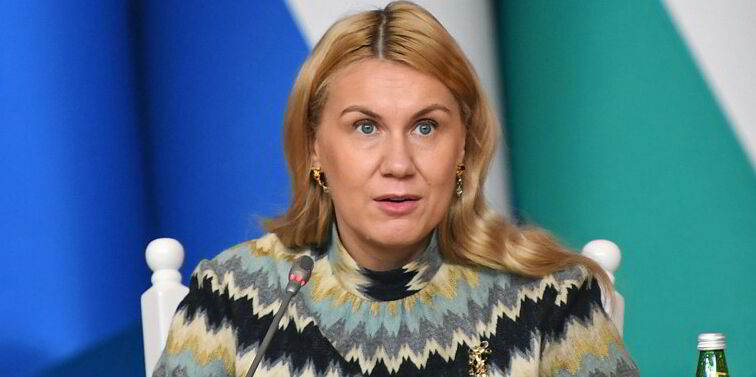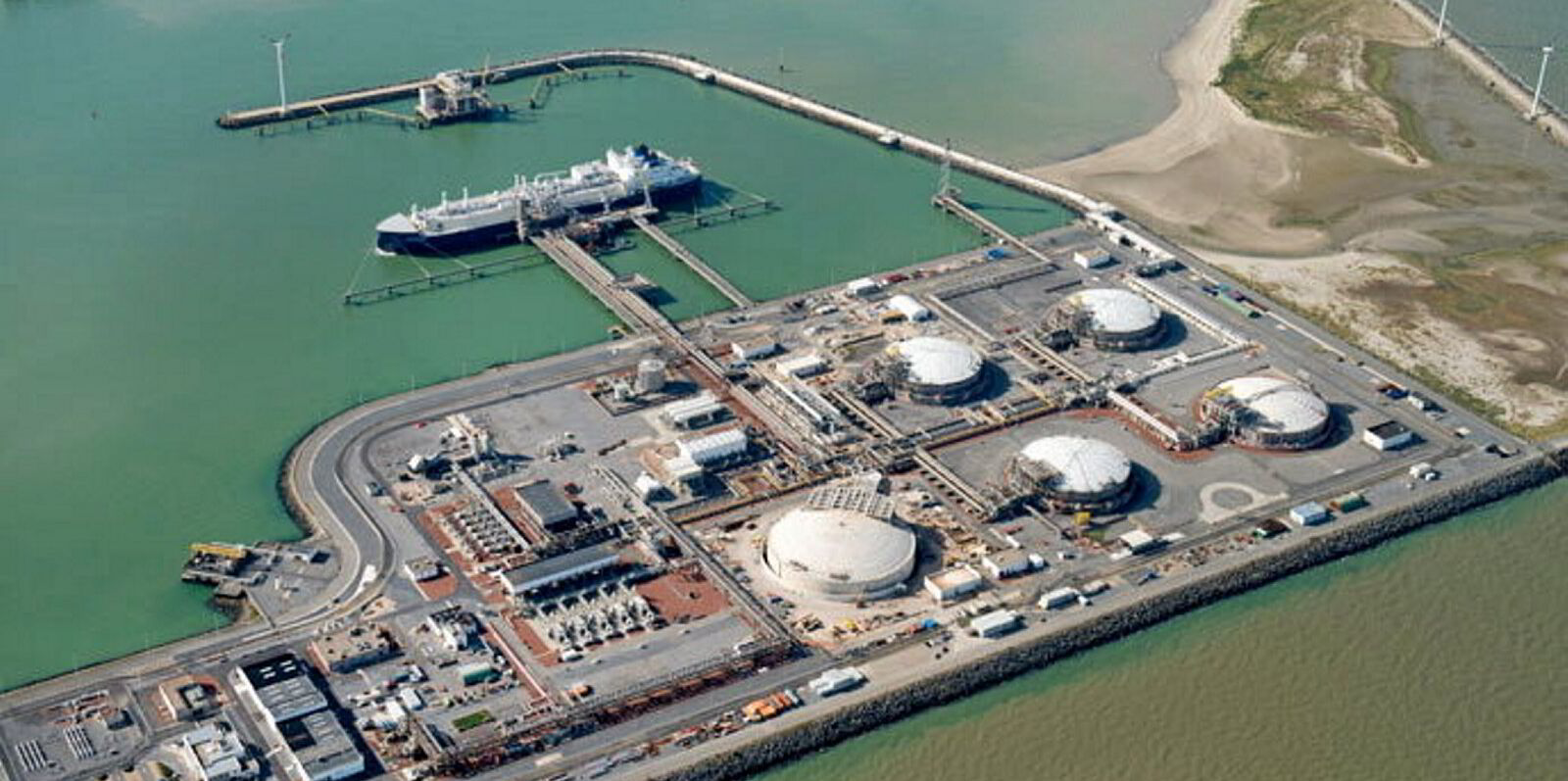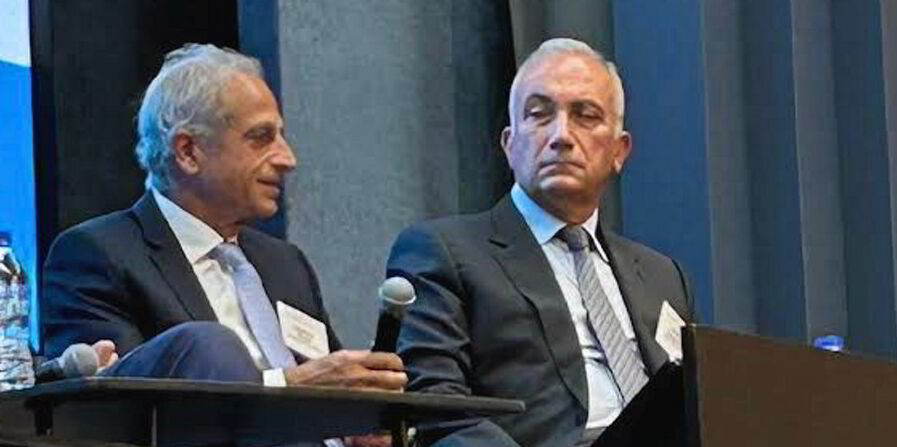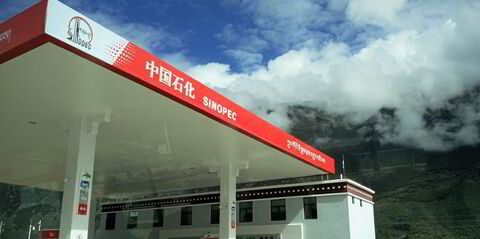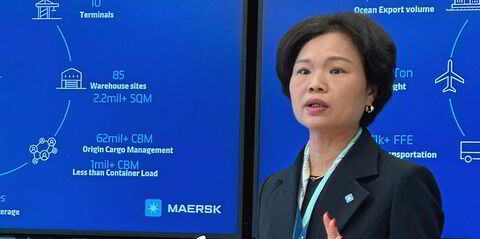European Union energy ministers have been discussing measures on how to track Russian LNG shipments as imports into member states climb.
European commissioner for energy Kadri Simson said this week that she will hold new technical talks with countries in the bloc to ensure a uniform approach to the measures already agreed as the union moves to phase out Russian gas and LNG by 2027.
In June, the EU agreed to ban transshipments of Russian LNG in European terminals. This comes into force on 26 March.
But in the interim, both Belgium and the Netherlands have logged sharp rises in imports of Russian LNG.
France, along with nine other member states, submitted a letter this week ahead of the ministerial meeting in Luxembourg, calling for more transparency over Russian LNG cargoes which are discharged at European terminals.
Belgium is also backing the move. It receives a large number of Russian LNG transshipments through its Zeebrugge LNG terminal.
The countries are suggesting the EU imposes stronger reporting rules prior to a reporting obligation coming into force in March.
Under their proposals, LNG storage operators would need to provide information on the portion of Russian LNG in reloaded cargoes and monitor the origin of the LNG.
By late September Russian LNG exports to EU countries had totalled 11.8m tonnes, with deliveries to France running at 4.4 mt, Spain 3.9 mt and Belgium 2.1 mt.
